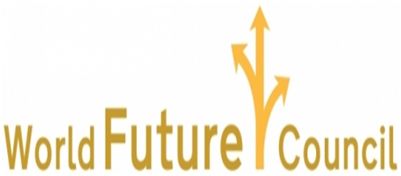Climate Change, Poverty and Energy – Is renewable energy the solution for Africa?
Parliaments have a vital role to play in both mitigation of and adaptation to climate change in Africa
Johannesburg / Hamburg, August 16 – Approximately 1.4 billion people globally don’t have access to electricity, yet virtually all countries in the global south and emerging economies have huge, mainly untapped potential in solar, wind, hydro, geothermal or biomass energy. Less-industrialised nations now have the opportunity to leapfrog conventional electricity production and to pursue a clean energy development path in which future emissions of greenhouse gases can be significantly reduced. Energy plays a vital role in achieving the Millennium Development Goals and from 2015 onwards the Sustainable Development Goals.
The Pan-African Parliament, based in Midrand, South Africa, plays a key role in promoting democratisation, good governance and the harmonisation of laws on the continent. It is in the light of this mandate that the World Future Council, the Heinrich Böll Foundation and the Climate Parliament have convened a capacity building workshop with the legislators. Strengthening the knowledge and ability of the Pan-African Parliament on the climate change, poverty and energy nexus will help to enable a social just energy transition on the African continent.
Ansgar Kiene, Director of the WFC Africa Office: “The enabling environment for renewable energy production needs to stay the focus of policy makers. Only on the basis of attractive RE frameworks and properly implemented legislation will we be able to generate the electricity our societies and businesses need to thrive. As the majority of renewable energy technologies are capital intensive, a long-term view and strategy needs to be followed. Any governmental plans towards favouring the fossil or nuclear industry instead of renewables will deter potential investments that are necessary for a socially just and ecologically beneficial energy transition.”
A recent pan-African study by the World Future Council and the Heinrich Böll Foundation shows that Renewable Energy Feed-in Tariff policies (REFiT) are a promising mechanism to unlock renewable energy development in Africa. Moreover, the decentralised nature of renewable energy sources provides the opportunity to empower communities and to revitalise local democracy and self-governance by allowing for alternative models of ownership and governance.
Dr. Gertrude Mongella, Founding President of the Pan-African Parliament and Hon. Councillor of the World Future Council emphasises the importance of gender in climate and energy solutions: “A nation will not industrialise as long as women and girls carry water and fire wood on their backs to sustain their families.”
Since its foundation in 2007 the World Future Council has been actively engaging with Parliaments, Regulators and Ministries across the African continent in policy workshops focussing on renewable energy legislation. Our capacity building programme further offers policy makers an online library on a variety of future just policies at www.futurepolicy.org
Stay with Sierra Express Media, for your trusted place in news!
© 2013, https:. All rights reserved.






